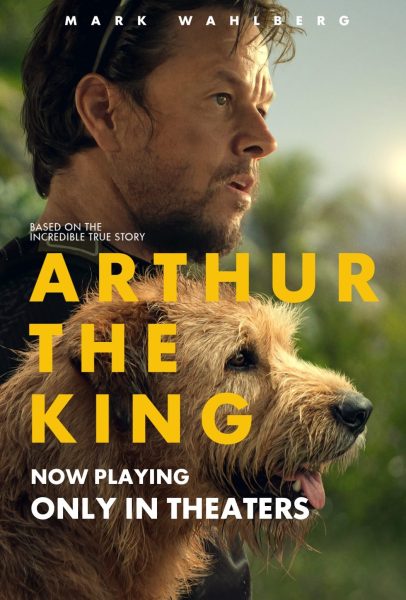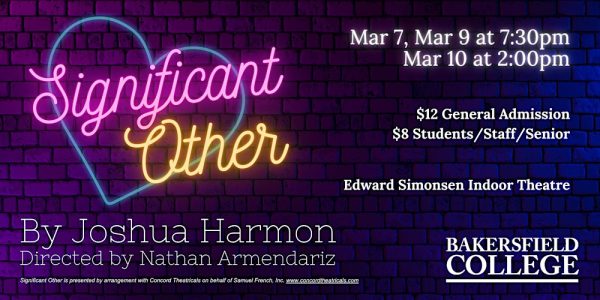“The Last of Us” an adaptation done right
January 25, 2023
Almost 10 years after the first game’s release back in 2013, “The Last Of Us” finally made its live-action debut this month. Created and written for television by Craig Mazin, (known for 2019’s Chornobyl), and Neil Druckmann (writer/director of both “The Last of Us” part 1 and 2 games, and “Uncharted 4”), the duo set to adapt the video game series as faithfully and entertaining as possible.
Starring Pedro Pascal and Bella Ramsey as our main characters Joel Miller, and Ellie Williams, we follow a somber and detached man transporting a 14-year-old girl across the horrifying remnants of a 20- year old post-apocalyptic United States.
The absolute strong points of the game were the characters, and the show is no different with the exceptionally talented cast bringing them to life. Gabriel Luna, as Joel’s younger more hopeful brother Tommy, Anna Torv, as the redemption-seeking Tess, and Nico Parker, as Sarah the cheerful yet brief daughter of Joel, further bring the show to life.
As previously mentioned, the creators of the show have crafted nearly an 80% one-to-one adaptation of the first game so far. Many scenes having dialogue word for word from the game. The truck scene in the opening 30 minutes is filmed almost identically to the game, and Merle Dandridge reprises her role as Marlene, just to name a few. Composer Gustavo Santaolalla returns from both games to score the series as well.
Now, while many would wonder, why adapt a story if it’s almost identical? Where the original game was limited to strictly the perspective of Joel/ the player, the show can further flesh out characters and scenes or introduce scenes never in the game that enrich the story. Good examples of this are spending an extra 15 minutes with Sarah before the outbreak, being introduced to Tess (Anna Torv) before meeting her with Joel in the game, or a flashback scene with Professor Ibu Ratna (Christine Hakma) that showed another side to the horror and severity of the outbreak, and humanity’s response to it.
For the first time in a long time, video game fans can rejoice as “The Last Of Us” proves itself, so far, to be the gold standard in both adapting video games, or any media, and also validating video games as a storytelling medium, giving them the credit they deserve.








